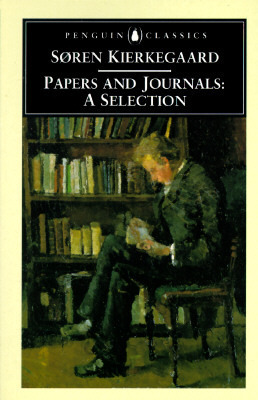What do you think?
Rate this book


704 pages, Paperback
First published January 1, 1996

"We often dazzle ourselves by adopting as our own many an idea and observation which either leaps vividly to mind from a time when we have read it, or else is present in the total consciousness of the age - yes, even as I write this observation now - perhaps this too is the result of the experience of the age."
"The crowd will always regard a man of great understanding as lacking judgement."
"It is an agony to have to live in such a way that [...] I have to let [the public] think me mad just to be allowed to think - otherwise a great fuss may be made about me, I will have to tap my wine glass and make speeches at gatherings, loved and honored by all of those who do not think."
"What pains me most [...} is not the loutishness of the mob but the way the better people secretly participate in it."